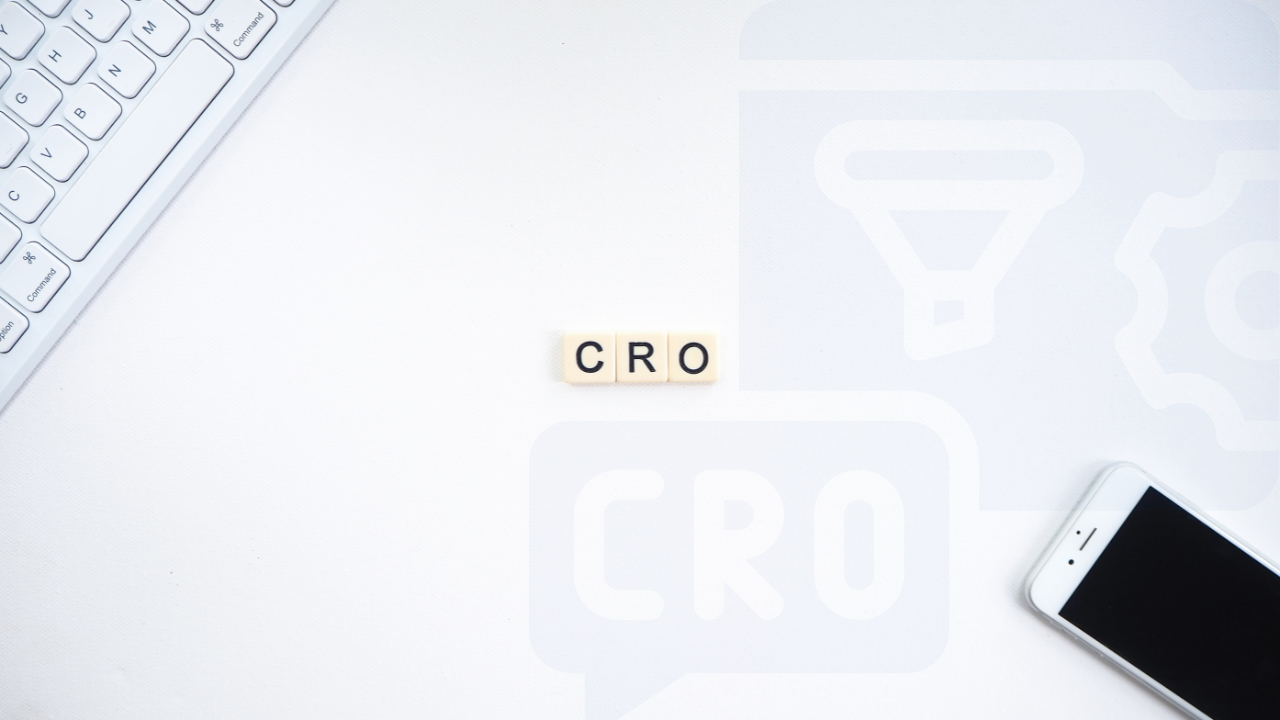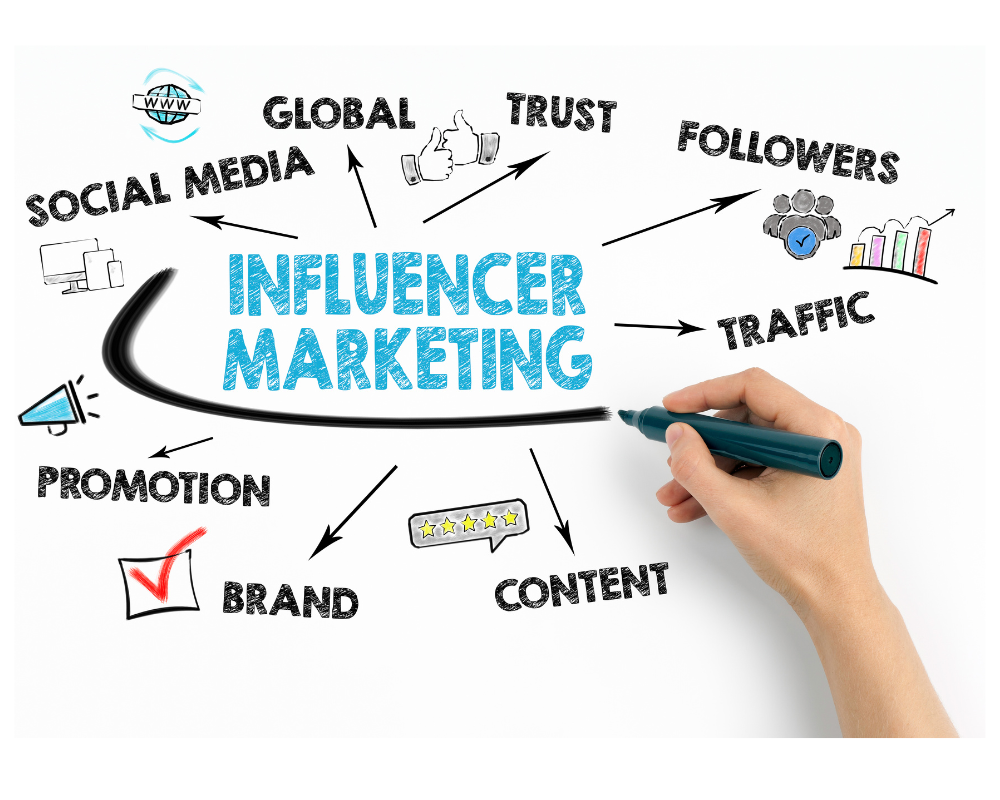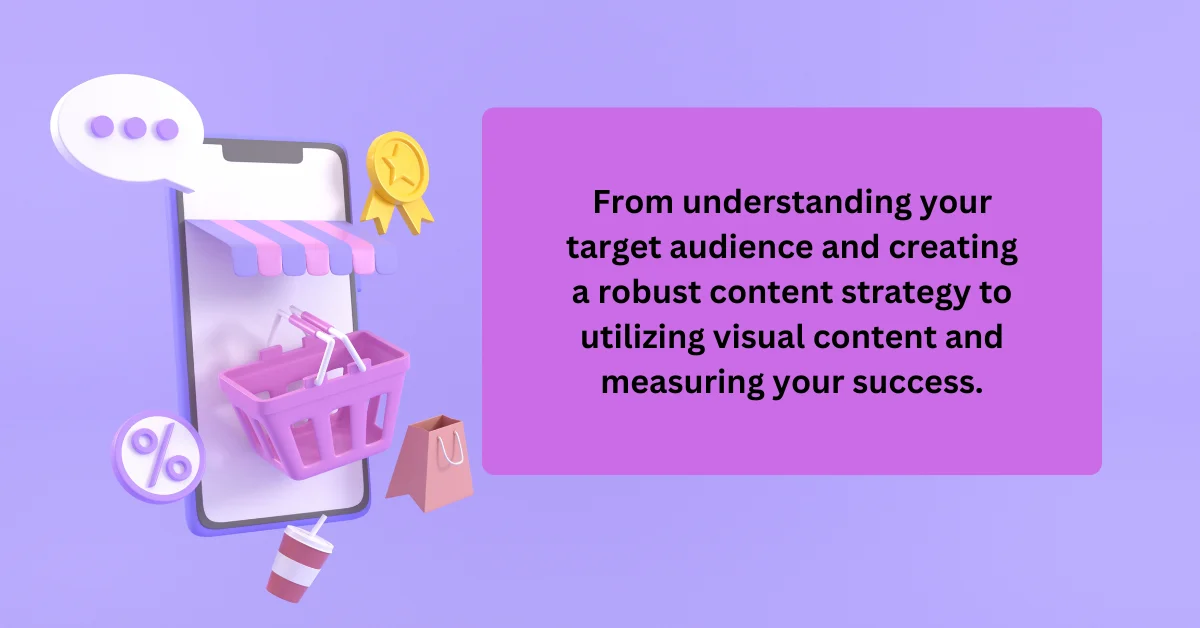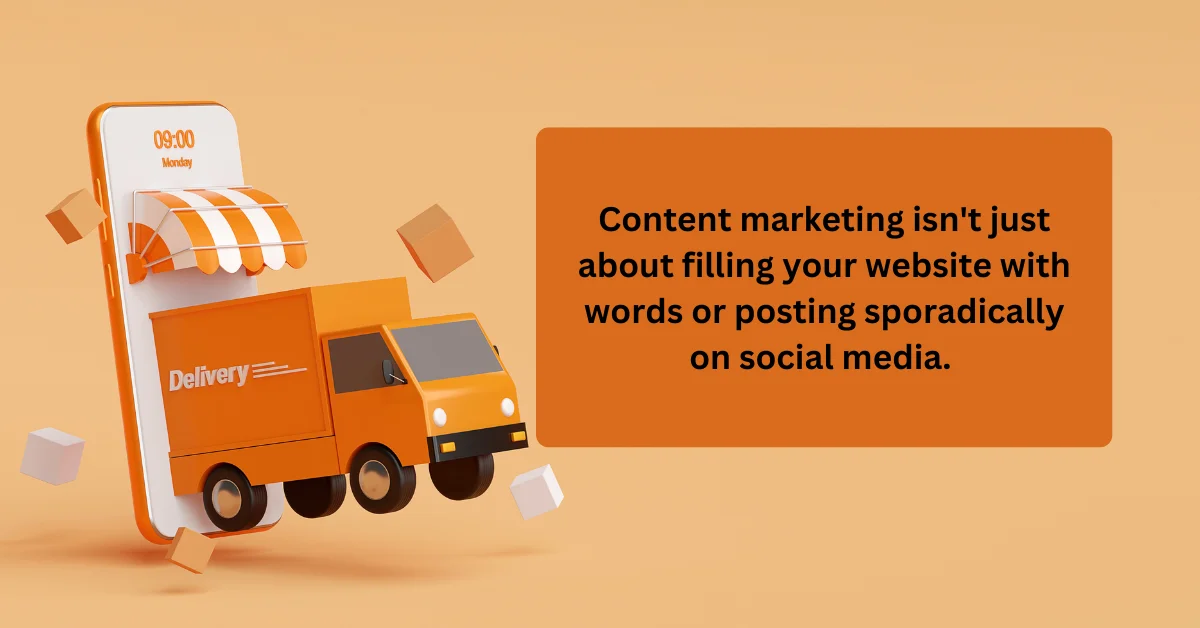In today’s digital-first world, where consumers are increasingly skeptical of traditional advertising, influencer marketing has emerged as a game-changer for e-commerce businesses. Partnering with influencers offers a powerful way to cut through the noise and connect with your target audience in a more genuine and impactful manner. Whether you’re a burgeoning online store or an established e-commerce giant, leveraging the influence and reach of social media personalities can provide an unparalleled boost to your brand’s visibility and sales.
But why exactly does influencer marketing work so well for e-commerce? At its core, it’s about authenticity and trust. Influencers have cultivated loyal followings by consistently sharing content that resonates with their audience, establishing themselves as credible voices in their respective niches. When they endorse a product, it doesn’t feel like an ad—it feels like a recommendation from a trusted friend. This unique dynamic is why influencer marketing can achieve conversion rates significantly higher than traditional advertising methods.
The trend of influencer collaborations in online retail is growing rapidly, and for good reason. By forming strategic partnerships with influencers, brands can tap into new markets, increase brand awareness, and drive sales—all while fostering a sense of community and trust with their customers. In this blog post, we’ll explore the ins and outs of influencer marketing for e-commerce, from understanding its benefits and choosing the right partners to crafting compelling campaigns and measuring success.
Are you ready to unlock the potential of influencer marketing for your e-commerce business? Let’s dive in and explore how you can boost your e-commerce revenue with effective influencer collaborations.
Understanding Influencer Marketing in E-commerce

What is Influencer Marketing?
Influencer marketing is a strategic partnership between brands and individuals who have a significant, engaged following on social media platforms. These individuals, known as influencers, use their platforms to promote products, services, or brands to their audience, leveraging their credibility and reach to drive awareness and influence purchasing decisions. In the context of e-commerce, influencer marketing is a highly effective way to connect with potential customers by aligning your products with influencers who resonate with your target demographic.
Influencers come in various forms, categorized typically by the size of their follower base:
- Nano Influencers (1K – 10K followers): Known for their highly engaged and niche communities, nano influencers are ideal for brands looking to build authentic connections on a smaller scale.
- Micro Influencers (10K – 100K followers): Micro influencers offer a balanced mix of reach and engagement. They often have a strong rapport with their audience, making them effective for driving both brand awareness and conversions.
- Macro Influencers (100K – 1M followers): With a broader reach, macro influencers are great for brands looking to gain exposure quickly. They typically have established credibility and can impact a larger audience.
- Mega Influencers (1M+ followers): Mega influencers, including celebrities and widely recognized personalities, offer vast reach and significant visibility. They are best for large-scale campaigns aimed at mass awareness.
Why Influencer Marketing Works for E-commerce
Influencer marketing’s success in e-commerce is largely attributed to its unique ability to foster authenticity and trust, two critical components in the customer decision-making process.

1. Authenticity and Trust Factors:
Unlike traditional advertisements, which can feel impersonal and scripted, influencer content is perceived as more genuine and relatable. Influencers often share personal experiences and stories when endorsing a product, making their recommendations feel more like advice from a friend than a sales pitch. This authenticity builds trust, which is crucial for converting followers into customers.
2. Direct Engagement with Niche Audiences:
Influencers are typically experts in their niches, whether it’s beauty, fitness, tech, or fashion. This specialization allows them to cultivate highly engaged communities that align with their interests. For e-commerce brands, partnering with influencers means tapping into these pre-existing communities and engaging with audiences that are already primed for your product offerings.
3. Higher Conversion Rates:
Research consistently shows that influencer marketing can achieve higher conversion rates than many traditional marketing methods. This is because the recommendations come from trusted sources, leading to more meaningful engagements and, ultimately, higher sales. When followers see an influencer they admire using or endorsing a product, they are more likely to trust that it’s worth buying.
Influencer marketing is not just about getting more eyes on your products; it’s about engaging the right eyes—the ones that belong to people who are genuinely interested in what you have to offer. By understanding and leveraging the power of influencer marketing, e-commerce brands can create authentic connections with potential customers, driving both brand loyalty and sales.
Benefits of Partnering with Influencers for E-commerce
Partnering with influencers can offer e-commerce brands a multitude of benefits that go beyond traditional marketing methods. By leveraging the trust and engagement that influencers have cultivated with their audiences, brands can achieve significant gains in awareness, credibility, and sales. Let’s explore some of the key benefits of influencer collaborations for e-commerce businesses.

Increased Brand Awareness
One of the most immediate benefits of influencer marketing is increased brand awareness. When an influencer shares content about your product or service, it reaches their entire audience—many of whom may not have heard of your brand before. This exposure can be invaluable, especially for new or niche e-commerce stores looking to break into the market.
For example, when a fashion brand collaborates with a well-known lifestyle influencer, their products are showcased to a large audience that trusts the influencer’s style and taste. This not only introduces the brand to potential customers but also positions it within the influencer’s curated aesthetic, making it more appealing to that audience.
Targeted Audience Engagement
Influencer marketing allows e-commerce brands to engage with specific, targeted audiences that align with their customer profiles. Unlike broad-based advertising that casts a wide net, influencer marketing is highly targeted, focusing on specific niches or demographics that are more likely to be interested in your products.
For instance, a tech gadget store might partner with a tech influencer who reviews and promotes the latest gadgets and software. This type of collaboration ensures that the brand’s message reaches an audience already interested in tech products, resulting in higher engagement and a greater likelihood of conversions.
Enhanced Credibility and Trust
Influencers have built their reputations by consistently providing valuable and trustworthy content to their followers. When an influencer endorses your brand, this trust transfers to your products, enhancing your credibility. This is particularly important for e-commerce brands, as online shoppers often rely on recommendations and reviews before making a purchase.
Consider a skincare brand that collaborates with a beauty influencer who has a reputation for honesty and transparency about the products they use. A positive review or endorsement from such an influencer can significantly enhance the brand’s reputation, convincing potential customers of the product’s quality and effectiveness.
Boost in Sales and Conversions
Ultimately, the goal of any marketing strategy is to drive sales, and influencer marketing is no exception. By strategically partnering with influencers, e-commerce brands can see a significant increase in sales and conversions. Influencers can create content that highlights the benefits of your products, demonstrates how to use them, and even provide exclusive discount codes, all of which can drive immediate purchases.
For example, an e-commerce brand specializing in fitness apparel might collaborate with a fitness influencer who shares workout routines and tips. By wearing the brand’s clothing in their videos and offering a discount code to their followers, the influencer can drive traffic to the brand’s online store and increase sales.
Influencer marketing is more than just a trend; it’s a powerful strategy that can provide substantial returns on investment for e-commerce brands. By increasing brand awareness, engaging with targeted audiences, enhancing credibility, and driving sales, influencer collaborations can be a key component of a successful e-commerce marketing strategy.
How to Choose the Right Influencers for Your E-commerce Brand
Selecting the right influencers to represent your brand is crucial for the success of your influencer marketing strategy. The ideal influencer not only has a substantial following but also aligns with your brand’s values and has the ability to genuinely connect with your target audience. Here’s how you can effectively choose the right influencers for your e-commerce brand.
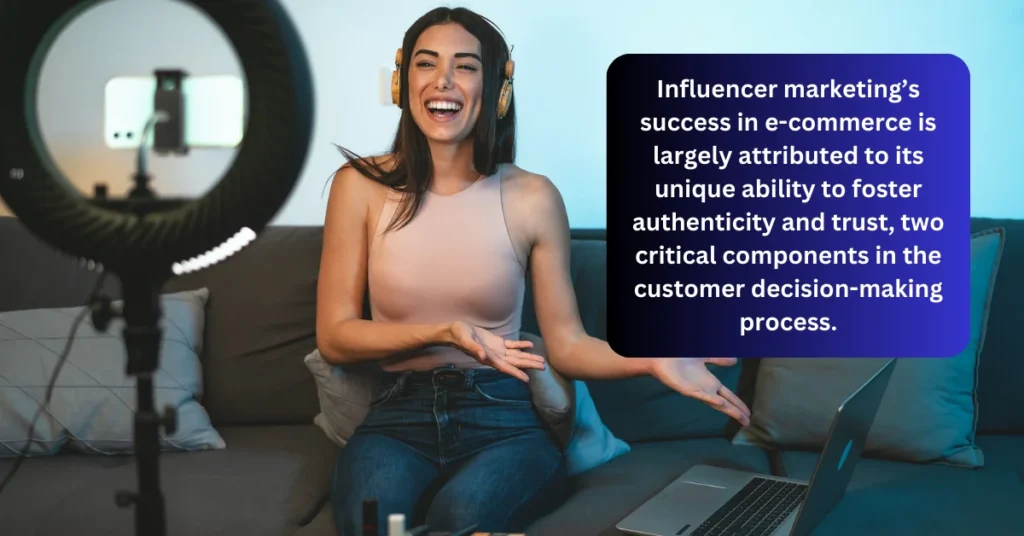
Defining Your Goals and Audience
Before you start looking for influencers, it’s important to have a clear understanding of what you want to achieve with your influencer marketing campaign. Are you looking to increase brand awareness, drive traffic to your website, boost sales, or improve customer engagement? Defining your goals will help you determine the type of influencers that will best meet your needs.
Additionally, knowing your target audience is essential. Understand their demographics, interests, and online behavior. This knowledge will help you identify influencers who have a similar audience. For example, if your brand sells eco-friendly products, you should look for influencers whose followers are interested in sustainability and environmentally conscious living.
Finding Influencers that Align with Your Brand
Once you have a clear understanding of your goals and audience, the next step is to find influencers who align with your brand’s values and aesthetic. This alignment is crucial because influencers are essentially an extension of your brand. Their personal brand, tone, and style should complement your own.
Tools and Platforms to Discover Suitable Influencers:
- Social Media Platforms: Start by searching hashtags and keywords related to your industry on platforms like Instagram, TikTok, and YouTube. Look for influencers who frequently create content in your niche.
- Influencer Marketing Platforms: There are several platforms, such as AspireIQ, Upfluence, and Grin, that can help you find influencers based on your specific criteria. These platforms provide valuable data on influencer engagement rates, audience demographics, and past partnerships.
- Google and Blogs: Sometimes, bloggers and influencers in your niche may not have a huge following on social media but have a loyal audience on their blogs or websites. A quick Google search can help you find these influencers.
Assessing Influencer-Brand Compatibility
Not every influencer with a large following will be the right fit for your brand. It’s essential to assess compatibility by considering the following factors:
- Engagement Rates: An influencer’s engagement rate (likes, comments, shares) is often a better indicator of their influence than their follower count. High engagement rates suggest that the influencer’s audience is actively involved and interested in their content.
- Authenticity and Content Quality: Review the influencer’s content to ensure it aligns with your brand’s values and quality standards. Authenticity is key—followers can easily detect when an influencer is promoting a product just for a paycheck. Look for influencers who are genuinely passionate about your niche.
- Follower Demographics: Make sure the influencer’s audience matches your target customer profile. Most influencer marketing platforms provide detailed demographic data, including age, gender, location, and interests of the followers.
- Past Collaborations: Review an influencer’s past collaborations to see how they’ve promoted other brands. This can give you insights into their style and effectiveness. If they have a history of working with competitors or frequently endorse products that conflict with your brand’s values, they might not be the best fit.
Choosing the right influencers requires careful consideration and research, but it’s worth the effort. The right partnerships can help you reach your target audience more effectively, build trust, and drive significant growth for your e-commerce brand.
Effective Strategies for Influencer Collaborations
To maximize the benefits of influencer marketing for your e-commerce brand, it’s important to develop effective collaboration strategies. By creating compelling campaigns, negotiating fair partnerships, and leveraging multiple platforms, you can ensure that your influencer marketing efforts deliver the desired results.

Creating Compelling Campaigns
A successful influencer marketing campaign starts with a strong concept that aligns with both your brand and the influencer’s style. Here are some types of campaigns that have proven effective for e-commerce brands:
- Product Reviews and Unboxings: Influencers can provide honest reviews or share unboxing videos of your products, showcasing them to their followers in a natural and engaging way. This type of content allows potential customers to see your products in action and get a feel for their quality and usability.
- Giveaways and Contests: Collaborating with influencers to host giveaways or contests is a great way to increase engagement and drive traffic to your online store. By requiring participants to follow your brand, tag friends, or visit your website, you can boost brand visibility and attract new customers.
- Sponsored Posts and Stories: Sponsored content, whether it’s a static post, video, or Instagram Story, allows influencers to promote your products directly to their audience. To ensure authenticity, encourage influencers to share personal experiences or stories related to your brand.
- Tutorials and How-To Videos: If your products lend themselves to instructional content, consider partnering with influencers to create tutorials or how-to videos. This type of content can be particularly effective for beauty, fashion, tech, and DIY brands, as it demonstrates the product’s value and application in a practical setting.
- Affiliate Partnerships: With affiliate marketing, influencers earn a commission for every sale generated through their unique referral link. This strategy incentivizes influencers to create more engaging content and actively promote your brand, as their earnings are directly tied to the campaign’s success.
Negotiating and Structuring Partnerships
Once you’ve identified potential influencers and developed your campaign concept, it’s time to negotiate the terms of your collaboration. Here are some tips for structuring effective influencer partnerships:
- Set Clear Expectations: Before finalizing the partnership, make sure both parties have a clear understanding of the campaign objectives, deliverables, timeline, and compensation. This will help avoid any misunderstandings and ensure a smooth collaboration.
- Compensation Models: Influencers may be compensated in various ways, including flat fees, free products, or commissions based on sales. Consider the influencer’s reach, engagement, and past performance when deciding on a compensation model. It’s also important to remember that while nano and micro influencers may be more cost-effective, their smaller audiences can still drive significant engagement and sales.
- Contracts and Agreements: To protect both your brand and the influencer, it’s crucial to have a formal agreement outlining the terms of the partnership. This should include details such as the content to be created, usage rights, exclusivity clauses, and payment terms. A well-drafted contract can prevent potential disputes and ensure that both parties are on the same page.
Leveraging Multiple Platforms
To maximize the reach and impact of your influencer marketing campaign, consider leveraging multiple social media platforms. Different platforms have unique audiences and strengths, so it’s important to choose the ones that align with your target demographic and campaign goals.
- Instagram: Ideal for visual content, Instagram is a popular platform for influencer marketing, especially in industries like fashion, beauty, travel, and lifestyle. Instagram Stories and Reels offer opportunities for more interactive and time-sensitive content.
- YouTube: YouTube is perfect for longer-form content, such as tutorials, product reviews, and vlogs. This platform is particularly effective for brands in tech, gaming, fitness, and beauty, where in-depth demonstrations can enhance product understanding.
- TikTok: Known for its short, engaging videos, TikTok is a great platform for reaching younger audiences and creating viral content. Influencers can use creative, trending formats to promote your products in a fun and relatable way.
- Blogs and Websites: Some influencers maintain personal blogs or websites where they publish detailed reviews, articles, and affiliate links. These can be valuable for SEO and long-term content that continues to drive traffic and sales long after the initial publication.
By carefully planning your campaigns, negotiating fair partnerships, and strategically choosing platforms, you can create effective influencer collaborations that boost your e-commerce revenue and enhance your brand’s presence in the market.
Measuring the Success of Your Influencer Marketing Efforts
To ensure your influencer marketing efforts are effective and deliver a good return on investment (ROI), it’s crucial to measure the success of your campaigns. By tracking key performance indicators (KPIs) and analyzing campaign results, you can gain insights into what works best for your e-commerce brand and refine your strategies for future collaborations.

Key Performance Indicators (KPIs) to Track
Different influencer marketing campaigns will have different objectives, and it’s important to track the right KPIs based on your specific goals. Here are some essential KPIs to consider:
- Engagement Rate: This is one of the most important metrics to track, as it measures how actively the influencer’s audience is interacting with the content. High engagement rates (likes, comments, shares, and saves) indicate that the audience is interested in and resonates with the content. Analyzing engagement can also help you assess the authenticity and quality of the influencer’s following.
- Reach and Impressions: Reach refers to the total number of unique users who see the influencer’s content, while impressions represent the total number of times the content is viewed. Tracking reach and impressions helps you understand the overall visibility of your campaign and gauge its potential impact.
- Click-Through Rate (CTR): If your campaign includes links to your website or product pages, tracking the click-through rate is essential. CTR measures the percentage of viewers who clicked on the link, providing insights into how compelling the influencer’s call-to-action is and how effective the content is at driving traffic to your site.
- Conversions and Sales: Ultimately, the success of an influencer marketing campaign for e-commerce is often measured by the number of conversions and sales it generates. Use tracking links, unique discount codes, or affiliate links to attribute sales directly to the influencer’s content. This metric will help you calculate your ROI and determine the profitability of your campaign.
- Follower Growth: Monitoring your brand’s follower growth on social media platforms during and after the campaign can provide insights into brand awareness and interest. A successful influencer campaign often leads to an increase in followers, indicating that the influencer’s audience is interested in learning more about your brand.
Adjusting Strategies Based on Results
Once you have gathered data from your influencer marketing campaign, it’s important to analyze the results and adjust your strategies accordingly. Here’s how you can refine your influencer marketing efforts based on the insights you gather:
- Identify What Worked Well: Look at the content and strategies that performed best and try to replicate those elements in future campaigns. For example, if product review videos generated high engagement and conversions, consider focusing more on that type of content.
- Understand What Didn’t Work: Analyze any underperforming aspects of your campaign to understand why they didn’t resonate with the audience. Was the content misaligned with the influencer’s usual style? Was the call-to-action unclear? Use these insights to avoid similar pitfalls in future collaborations.
- Optimize Future Partnerships: Use the data you’ve collected to better understand what types of influencers and content formats are most effective for your brand. This will help you choose better partners and craft more targeted campaigns in the future.
- Test and Iterate: Influencer marketing is not a one-size-fits-all strategy. It requires ongoing testing and iteration. Experiment with different types of influencers, content formats, and messaging to continuously improve your campaigns and achieve better results.
Measuring the success of your influencer marketing efforts is an ongoing process that requires attention to detail and a willingness to adapt. By tracking relevant KPIs and adjusting your strategies based on data-driven insights, you can optimize your influencer partnerships and drive substantial growth for your e-commerce business.
Conclusion
Influencer marketing has rapidly become an indispensable tool for e-commerce brands looking to enhance their online presence, build trust, and drive sales. By strategically partnering with influencers, businesses can tap into new audiences, increase brand awareness, and achieve significant growth. The power of influencers lies in their ability to connect authentically with their followers, making their endorsements more impactful and persuasive than traditional advertising.
As the digital landscape continues to evolve, the importance of building strong relationships with the right influencers cannot be overstated. By understanding the unique benefits of influencer marketing, carefully selecting influencers who align with your brand, and employing effective collaboration strategies, you can create compelling campaigns that resonate with your target audience and deliver measurable results.
Remember, the key to successful influencer marketing lies in authenticity, transparency, and ongoing optimization. Don’t be afraid to experiment with different approaches and learn from each campaign’s outcomes. By continually refining your strategies and focusing on building meaningful connections with influencers and their audiences, you can position your e-commerce brand for sustained success in an increasingly competitive market.
Now is the perfect time to start leveraging influencer marketing to boost your e-commerce revenue. Begin by defining your goals, researching potential partners, and crafting a strategy that aligns with your brand values. With the right approach, influencer collaborations can be a powerful driver of growth and a vital component of your overall marketing strategy.









